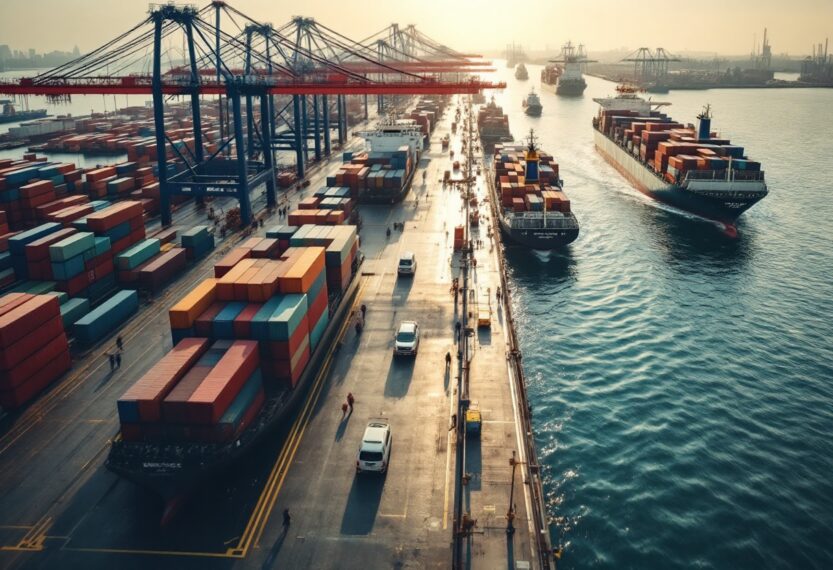Trump’s tariff strategy: A game of chess or a miscalculated move?
In the intricate world of global economics, few figures have stirred as much controversy as former President Donald Trump. His recent decisions regarding tariffs have sparked a flurry of debate, leaving analysts and market watchers questioning whether his approach is a masterful strategy or a series of miscalculations. As the markets reacted to his announcement of a 90-day pause on global tariffs, the implications of his actions reverberated across financial landscapes.
The pause that perplexed
On a day when global markets were in turmoil, Trump’s unexpected announcement of a temporary halt to his “reciprocal” tariffs raised eyebrows. While he maintained the hefty 125% tariffs on China, the decision to pause other tariffs seemed to contradict his administration’s previous hardline stance. This abrupt shift has led many to speculate about the motivations behind it. Was it a calculated move to stabilize the markets, or a reaction to mounting pressure from advisors and economic indicators?
Reports suggest that key figures within his administration, including Treasury Secretary Scott Bessent, were advocating for a more cautious approach. Their concerns about the potential fallout from his tariff policies were evidently significant, as they sought to steer Trump towards a more sustainable economic strategy. However, the president’s reluctance to alter his course until the market showed signs of distress raises questions about his decision-making process.
Market manipulation or market reassurance?
In the wake of Trump’s announcement, the narrative surrounding his social media activity has also come under scrutiny. Just hours before the tariff pause, he encouraged his followers on Truth Social to invest, suggesting it was a “great time to buy.” This timing has led to allegations of market manipulation, with critics arguing that Trump may have had insider knowledge of his impending policy changes. Connecticut Senator Chris Murphy’s remarks on social media highlight the growing concern over the ethical implications of such actions.
The White House has defended Trump’s actions, asserting that it is the president’s duty to reassure the public and the markets amid what they describe as media-induced panic. This dual narrative—claiming both a strategic foresight and a lack of awareness—paints a complex picture of the administration’s stance. It raises the question: is Trump truly a master strategist, or is he simply reacting to the pressures of the moment?
The broader implications for global trade
The ramifications of Trump’s tariff decisions extend beyond immediate market reactions. As global trade dynamics shift, countries are reevaluating their positions and strategies in response to U.S. policies. The uncertainty surrounding Trump’s approach has led to a cautious atmosphere among international trading partners, who are wary of potential retaliatory measures and the long-term stability of trade agreements.
As we navigate this evolving landscape, it is essential to consider the broader implications of Trump’s tariff strategy. Whether viewed as a chess game or a series of missteps, the effects of these decisions will undoubtedly shape the future of global trade and economic relations. The coming months will reveal whether Trump’s approach can be sustained or if it will falter under the weight of its own contradictions.



